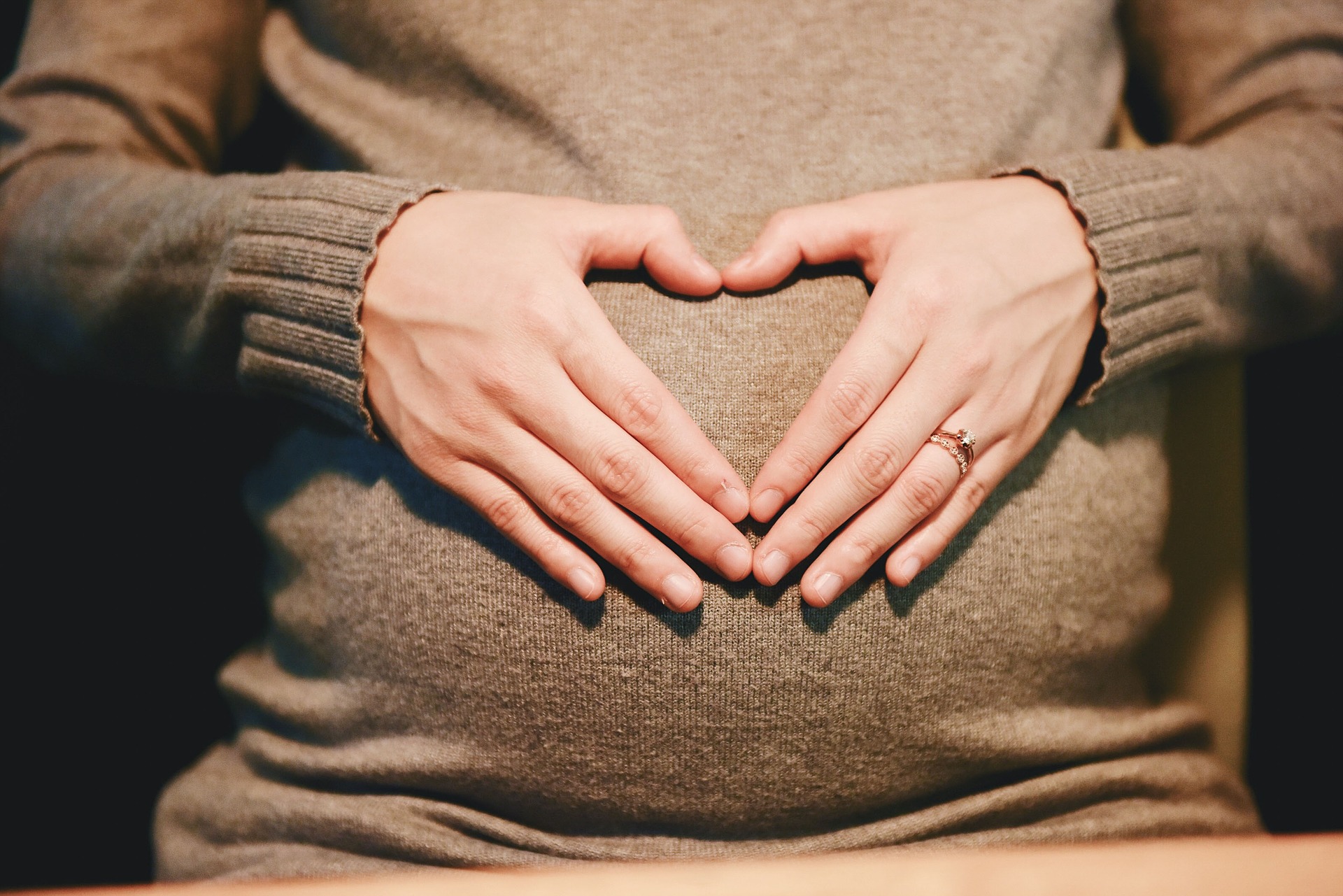
01 Aug Women and Dental Health
National Women’s Health Week is observed every year in May—but at Prescott Dentistry, we think anytime is a good time to talk about women’s dental health. Women have specific oral health concerns, generally related to the effects of hormones. Here are some of the factors unique to women that can affect oral health:
1. Pregnancy
- Gingivitis. It may be surprising to learn that pregnancy actually increases your risk of gum problems. The increased levels of hormones during pregnancy can cause the gums to swell and bleed, as well as trap food, resulting in more irritation to the gums, and potentially, gingivitis. Signs of gingivitis include swelling and bleeding. Gingivitis can eventually lead to periodontitis if not treated. This occurs when the infection goes beneath the gum line, where it can subsequently damage the structures that hold your teeth securely in place. Without dental treatment, this condition can ultimately lead to tooth loss.
- Gum issues. Occasionally, women may develop lumps on their gums while pregnant. These lumps are typically painless, but they can make it harder to clean your teeth. They usually go away after the baby is born, but your dentist here at Prescott Dentistry may suggest removing the lumps if you are having trouble keeping your teeth clean because of them.
- Enamel erosion. If you are throwing up frequently while pregnant, this increases your risk of dental erosion. Dental erosion is the loss of the hard, outer protective layer of your teeth caused by recurring exposure to acid.
2. Menopause
It’s important for women experiencing menopause to be mindful of hormones and dental health. Some women may experience the following dental conditions during or after menopause due to a drop in estrogen levels:
- Burning mouth syndrome
- Dry mouth
- Changes in taste
- Tooth sensitivity
- Difficulty removing dentures
- Bleeding gums
- Halitosis (bad breath)
- Gum disease (gingivitis/periodontitis)
According to the American Academy of Periodontology, some women may also experience menopausal gingivostomatitis. Symptoms include gum bleeding, and changes in the appearance of the gums (color/texture).
3. Osteoporosis
The hormonal changes that occur during menopause can also increase your risk of osteoporosis, which causes bone loss, including in the jaw bone. When your bones are weakened from osteoporosis, gum disease can happen more quickly. If you lose bone in your jaw, you could even lose your teeth. A healthy lifestyle can be critically important for keeping your bones strong. The following steps can help keep your bones healthy:
- Get plenty of calcium and vitamin D in your diet
- Exercise regularly
- Engage in weight-bearing activities and resistance exercises, such as lifting weights
- Quit smoking
- Limit alcohol consumption
Give us a Call
At Prescott Dentistry, we understand your unique needs when it comes to hormones and dental health. Be sure to maintain good oral health habits like brushing, flossing, regularly visiting the dentist, and eating a healthy diet. Let us know about any problems with loose teeth, detached or receding gums, and loose or poor-fitting dentures. The good news is that hormonal changes don’t have to interfere with a healthy smile at every age.



